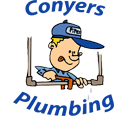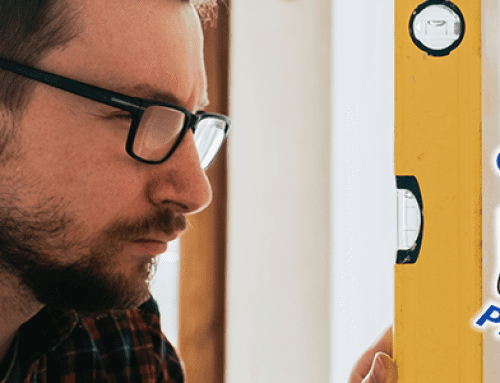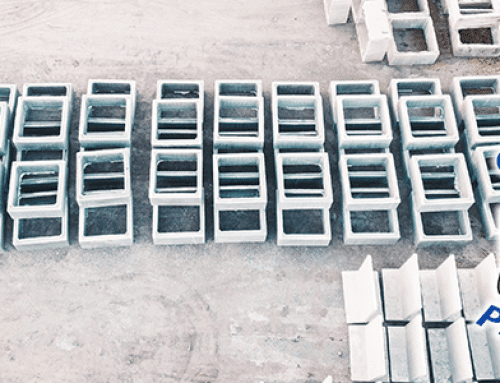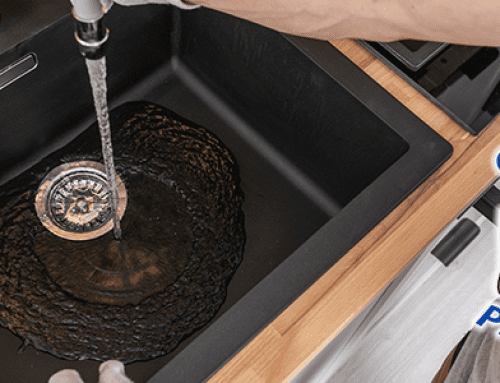Understanding the Plumbing System in Your Home
The plumbing system in your home plays an essential role in keeping your home comfortable and functional. The plumbing system is responsible for supplying clean water, draining waste water, and regulating the temperature in your home. To ensure everything runs smoothly, it’s important to understand your plumbing system and know how to maintain it.
Here are some tips that will help you understand your installation and keep it working correctly.
Section 1: The Basics of Plumbing
Plumbing refers to the system of pipes and fixtures that supply water in and out of your home. Water enters your home through the main supply line and is distributed throughout your home through a series of pipes. The water that enters your home is usually cold, and it’s heated up through the use of a water heater.
Section 2: Supply Pipes
The supply pipes are the pipes that carry clean water into your home. These pipes are usually made of copper, plastic, or galvanized iron. The main supply line usually enters your home in the basement, crawlspace, or through the wall.
Section 3: Drainage System
The drainage system is responsible for disposing of sewage and other waste materials. All the wastewater from your home flows through a single drain pipe and is then directed to the main sewer line, septic tank or drain field.
Section 4: Water Heater
Most homes have a water heater, which is designed to heat up the water that you use in your home. Water heaters use either natural gas, propane or electricity to heat up the water. They come in various sizes and have different energy ratings.
Section 5: Water Pressure
Water pressure is the force of the water that flows through your pipes. Low water pressure can indicate a problem with your installation. If you notice a sudden drop in water pressure, it’s important to contact a professional plumber.
Section 6: Common Plumbing Problems
Plumbing problems are common, and they can cause a lot of damage to your home if left untreated. Some common plumbing problems include leaky pipes, clogged drains, and a faulty water heater.
Section 7: Plumbing System Maintenance Tips
Maintaining your plumbing system is essential to its longevity and efficiency. One of the best ways to maintain your system is by scheduling regular inspections and cleanings from a professional plumber. You can also prevent common plumbing problems by being mindful of what goes down your drains.
Section 8: When to Call a Professional Plumber
While some plumbing problems can be solved with a simple fix, others require the expertise of a professional plumber. If you notice any signs of plumbing problems such as low water pressure, leaks, or a foul smell, it’s important to contact a plumber immediately to prevent any further damage to your home and plumbing system.
Section 9: Conclusion for Understanding Your Plumbing System
Understanding your plumbing system is essential to keeping your home comfortable, efficient, and safe. Regular maintenance is key to preventing common plumbing problems and extending the life of your system. If you’re experiencing any plumbing issues in Hillsborough County, FL, contact Conyers Plumbing, a local plumbing company, for all of your plumbing needs.




